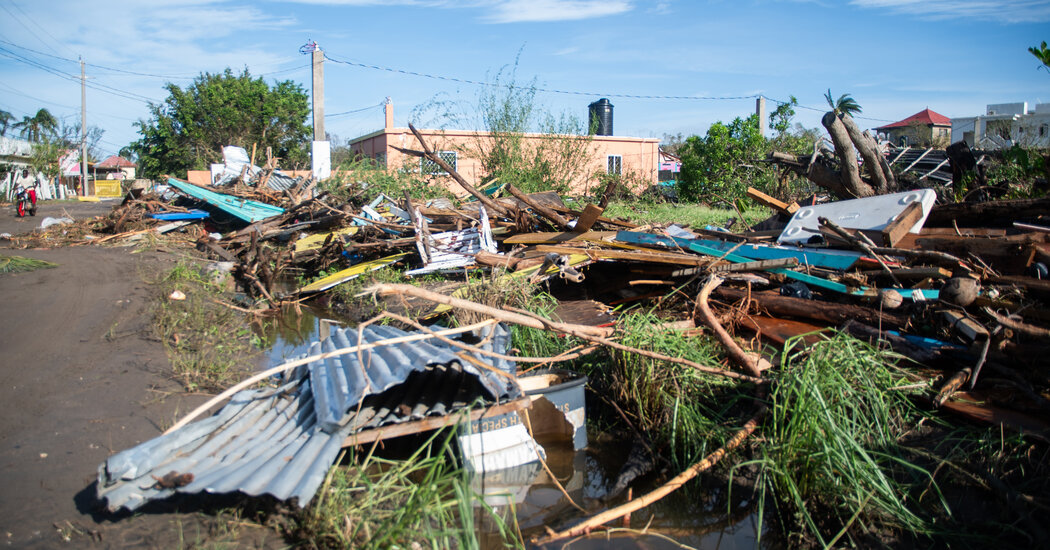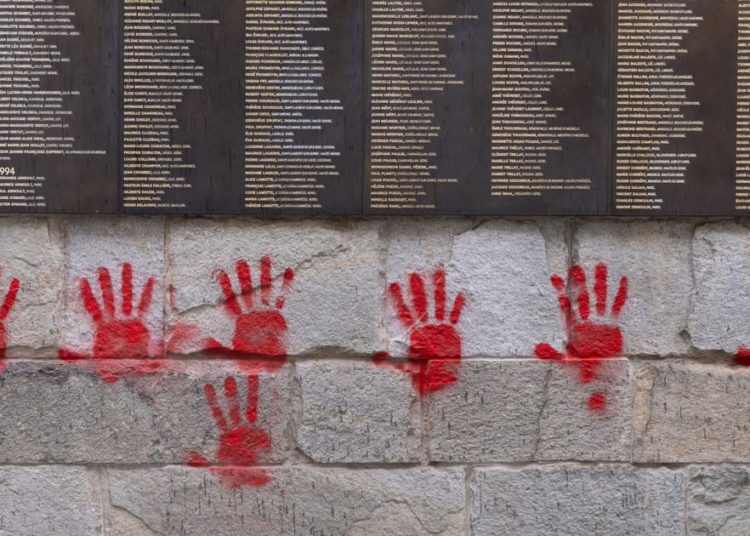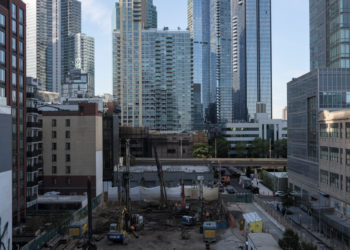Hurricane Melissa has devastated Jamaica to levels never seen before, the United Nations resident coordinator for the island nation said on Wednesday. More than one million people, a third of the population, were directly affected by the storm, he said.
The resident coordinator, Dennis Zulu, who briefed reporters virtually from his base in Kingston, the Jamaican capital, said, “There has been tremendous unprecedented devastation of infrastructure, of property, road network connectivity, energy has been lost.”
What was unique in Jamaica, he added, is that the effects of the hurricane were “spread across the country.” He said, “The grid is down in a substantial part of the country.”
Many roads were destroyed or cut off, hindering the United Nation’s ability to conduct initial assessments of the damage, so it was relying on drones and satellite imagery.
Mr. Zulu said the United Nations was working in partnership with officials on the island and other partners to plan a response. He added that the U.N.’s most immediate action would focus on aid like water and food.
The U.N. secretary general, António Guterres, said in a statement on Wednesday that the agency had teams and staff members positioned in nearby countries ready to be deployed, and that it had allocated $4 million each for Haiti and Cuba from its emergency funds. The statement did not address whether any funds had been set aside for Jamaica.
“The United Nations has offered its full support to countries across the region,” Mr. Guterres said in the statement. “In close coordination with affected nations, the U.N. will also explore launching appeals to respond to the humanitarian needs triggered by Hurricane Melissa.”
From its initial assessment, the U.N. said that the recovery period for Jamaica would most likely be long and that the country would need extensive support and resources to get back to some semblance of normalcy.
Mr. Zulu, the resident coordinator, said the government was working to open the airport in Kingston on Thursday, which would be important for the flow of aid from the U.N’s regional hubs and depots in Barbados and Panama.
Preliminary reports from Jamaica say that three people were killed during the storm and that those injured were starting to seek treatment at medical facilities.
Hurricane Melissa made landfall on Jamaica on Tuesday as a Category 5 storm. It struck a region that is known for its agriculture, the “bread basket” of the country, devastating land and food crops. Mr. Zulu said the food situation for the country’s 2.8 million people would be at risk for the coming months.
“I don’t think there is a single soul on the island who hasn’t been affected by Hurricane Melissa, whether it was their roofs being blown out or their gardens,” Mr. Zulu said.
He added that the biggest challenge would be how Jamaica financed its recovery, given the scope of the destruction.
The island is a popular tourist destination in the Caribbean, with millions of visitors bringing in a revenue of approximately $5 billion annually, according to data from the country’s tourism ministry in September. The minister of tourism, Edmund Bartlett, said in September that the goal was to double that revenue by 2030.
Mr. Zulu said that the tourism industry had taken a big hit in the storm and that many of the tourists resorts and the ecosystem around them had been affected.
The U.N. is planning to send essential aid from Barbados by sea and by air when the airports reopened, he said.
The agency was also working closely with the government to provide shelters because a significant number of the displaced population may need to stay in them longer while their homes are repaired.
Farnaz Fassihi is the United Nations bureau chief for The Times, leading coverage of the organization. She also covers Iran and has written about conflict in the Middle East for 15 years.
The post Hurricane Melissa Brought ‘Unprecedented Devastation’ to Jamaica, U.N. Official says appeared first on New York Times.




